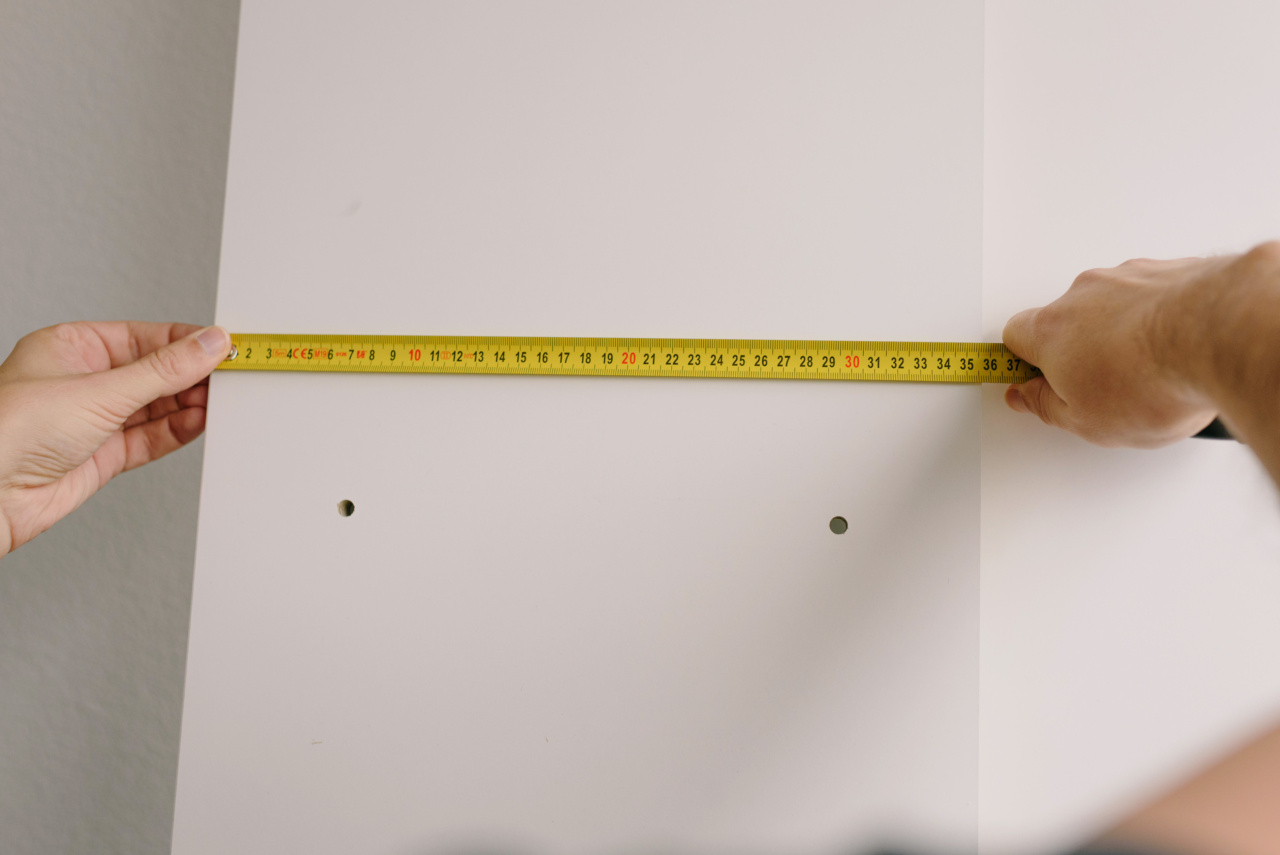Having a flat tummy and good respiratory health are two important aspects of overall well-being.
While many people desire a toned midsection, it is equally important to prioritize respiratory health for optimal functioning of the lungs and cardiovascular system. Thankfully, there are effective tools and techniques available to help achieve both goals. In this article, we will explore these tools and how they contribute to building a flat tummy and improving respiratory health.
1. Healthy Diet
Achieving a flat tummy begins with healthy eating habits. Consuming a balanced diet rich in nutrients is essential for weight management and overall health, including respiratory function.
Incorporate foods such as fruits, vegetables, lean proteins, whole grains, and healthy fats into your daily meals. Avoiding processed foods, added sugars, and excessive sodium intake is crucial for reducing bloating and inflammation.
2. Regular Exercise
Physical activity plays a vital role in building a flat tummy and improving respiratory health. Engaging in cardiovascular exercises, such as running, swimming, or cycling, helps burn calories and reduce body fat.
Additionally, focusing on exercises that target the abdominal muscles, like planks, crunches, or Russian twists, can strengthen and tone the core area. Regular exercise also helps improve lung capacity and oxygen circulation, contributing to better respiratory health.
3. Strength Training
Incorporating strength training exercises into your fitness routine is crucial for building muscle mass and achieving a flat tummy.
Resistance exercises, such as weightlifting or bodyweight exercises, help increase metabolic rate, burn fat, and tone the abdominal muscles. Strong core muscles not only provide a flatter appearance but also support proper respiratory function.
4. Proper Posture
Practicing good posture not only makes you look taller and more confident but also enhances the strength and appearance of your abdominal area. By maintaining proper alignment of the spine and engaging the core muscles, you can achieve a flatter tummy.
Additionally, proper posture allows for better lung expansion, facilitating improved respiratory function.
5. Breathing Exercises
Specific breathing exercises like diaphragmatic breathing or deep breathing can greatly improve respiratory health.
These exercises focus on utilizing the diaphragm to take slow, deep breaths, which helps expand lung capacity, improve oxygen intake, and enhance overall respiratory functioning. Regular practice of breathing exercises can help strengthen the diaphragm and improve its coordination with the abdominal muscles, contributing to a flatter tummy as well.
6. Yoga
Yoga is a holistic practice that can benefit both the body and the mind. Many yoga poses focus on core activation, which helps tone and strengthen the abdominal muscles.
Additionally, various yoga breathing techniques, known as pranayama, help improve lung capacity and respiratory health. Regular yoga practice can provide a double advantage of a flatter tummy and enhanced respiratory function.
7. Adequate Hydration
Proper hydration is essential for overall health, including respiratory function and maintaining a flat tummy. Water helps flush out toxins, supports digestion, and aids in nutrient absorption.
Drinking an adequate amount of water throughout the day can prevent bloating, improve digestion, and promote healthy bowel movements, all of which contribute to a flatter tummy. Well-hydrated lungs are also more effective at oxygen and carbon dioxide exchange, thereby improving respiratory health.
8. Post-Workout Recovery
Allowing your body sufficient time to recover after workouts is crucial for optimal results and overall well-being. Giving your muscles time to repair and rebuild after strength training sessions helps promote a toned and flat tummy.
Additionally, proper post-workout recovery allows your respiratory system to restore its energy levels and effectively eliminate metabolic waste, improving respiratory health.
9. Stress Management
Chronic stress can negatively impact both physical and mental health, including weight gain and respiratory problems. Implementing stress management techniques, such as meditation, mindfulness, or engaging in hobbies, can help reduce stress levels.
By managing stress effectively, you can avoid overeating, minimize the release of stress hormones that contribute to weight gain, and improve overall respiratory health.
10. Adequate Sleep
Sleep plays a vital role in maintaining a healthy weight and respiratory function. Getting enough quality sleep allows your body to recover, repair, and regulate metabolic functions.
Inadequate sleep can lead to weight gain, increased appetite, and hormonal imbalances. It can also negatively affect lung function and respiratory health. Aim for 7-9 hours of uninterrupted sleep each night to support a flat tummy and healthy respiratory system.































